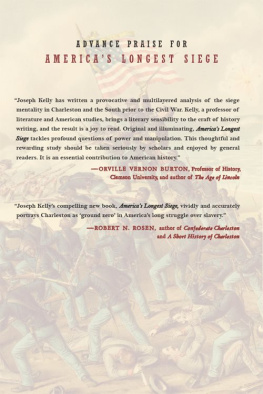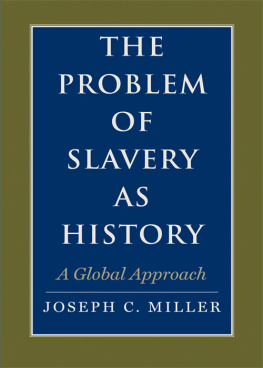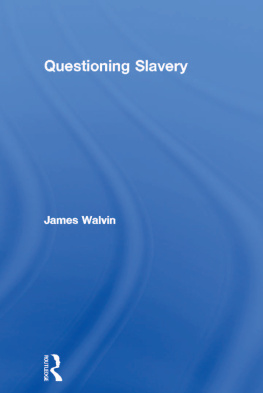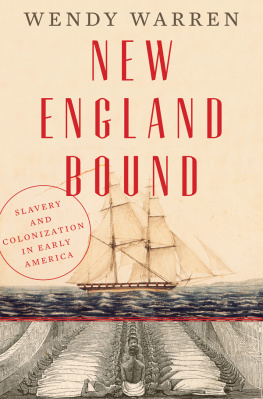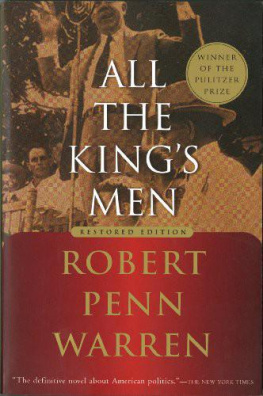PREFACE
The writer of this book was a volunteer officer in the Union army throughout the war of the Great Rebellion, and his service was in the field.
The book, having been written while the author was engaged in a somewhat active professional life, lacks that literary finish which results from much pruning and painstaking. He, however, offers no excuse for writing it, nor for its completion; he has presumed to nothing but the privilege of telling his own story in his own way. He has been at no time forgetful of the fact that he was a subordinate in a great conflict, and that other soldiers discharged their duties as faithfully as himself; and while no special favors are asked, he nevertheless opes that what he has written may be accepted as the testimony of one who entertains a justifiable pride in having been connected with large armies and a participant in important campaigns and great battles.
He flatters himself that his summary of the political history of slavery in the United States, and of the important political events occurring upon the firing on Fort Sumter, and the account he has given of the several attempts to negotiate a peace before the final overthrow of the Confederate armies, will be of special interest to students of American history.
Slavery bred the doctrine of State-rights, which led, inevitably, to secession and rebellion. The story of slavery and its abolition in the United States is the most tragic one in the world's annals. The "Confederate States of America" is the only government ever attempted to be formed, avowedly to perpetuate human slavery. A history of the Rebellion without that of slavery is but a recital of brave deeds without reference to the motive which prompted their performance.
The chapter on slavery narrates its history in the United States from the earliest times; its status prior to the war; its effect on political parties and statesmen; its aggressions, and attempts at universal domination if not extension over the whole Republic; its inexorable demands on the friends of freedom, and its plan of perpetually establishing itself through secession and the formation of a slave nation. It includes a history of the secession of eleven Southern States, and the formation of "The Confederate States of America"; also what the North did to try to avert the Rebellion. It was written to show why and how the Civil War came, what the conquered lost, and what the victors won.
In other chapters the author has taken the liberty, for the sake of continuity, of going beyond the conventional limits of a personal memoir, but in doing this he has touched on no topic not connected with the war.
The war campaigns cover the first one in Western Virginia, 1861; others in Kentucky, Tennessee, Mississippi, and Alabama, 1862; in West Virginia, Virginia, Maryland, and Pennsylvania, 1863; and in Virginia, 1864; ending with the capture of Richmond and Petersburg, the battles of Five Forks and Sailor's Creek, and the surrender of Lee to Grant at Appomattox, 1865. A chapter on the New York riots of 1863, also one on the "Peace Negotiations," will be found, each in its proper place.
Personal mention and descriptions of many officers known to the writer are given; also war incidents deemed to be of interest to the reader.
But few generalizations are indulged in either as to events, principles, or the character of men; instead, facts are given from which generalizations may be formed.
The author is indebted to his friends, General George D. Ruggles (General Meade's Assistant Adjutant-General, Army of the Potomac, late Adjutant-General, U.S.A.), for important data furnished from the War Department, and to his particular friends, both in peace and war, General John Beatty and Colonel Wm. S. Furay of Columbus, Ohio, for valuable suggestions.
J. W. K.
December, 1899.
CHAPTER I
Slavery: Its Political History in the United States
(I.) Introductory(II.) Introduction of Slavery into the Colonies (III.) Declaration of Independence(IV.) Continental Congress: Articles of Confederation(V.) Ordinance of 1787(VI.) Constitution of the United States(VII.) Causes of Growth of Slavery(VIII.) Fugitive-Slave Law, 1793(IX.) Slave Trade Abolished(X.) Louisiana Purchase(XI.) Florida(XII.) Missouri Compromise(XIII.) Nullification(XIV.) Texas(XV.) Mexican War, Acquisition of California and New Mexico(XVI.) Compromise Measures, 1850(XVII.) Nebraska Act(XVIII.) Kansas Struggle for Freedom(XIX.) Dred Scott Case(XX.) John Brown Raid(XXI.) Presidential Elections, 1856-1860(XXII.) Dissolution of the Union(XXIII.) Secession of States(XXIV.) Action of Religious Denominations(XXV.) Proposed Concessions to Slavery(XXVI.) Peace Conference(XXVII.) District of Columbia(XXVIII.) Slavery Prohibited in Territories(XXIX.) Benton's Summary(XXX.) Prophecy as to Slavery and Disunion.
I. INTRODUCTORY
Slavery is older than traditionolder than authentic history, and doubtless antedates any organized form of human government. It had its origin in barbaric times. Uncivilized man never voluntarily performed labor even for his own comfort; he only struggled to gain a bare subsistence. He did not till the soil, but killed wild animals for food and to secure a scant covering for his body; and cannibalism was common. Tribes were formed for defence, and thus wars came, all, however, to maintain mere savage existence. Through primitive wars captives were taken, and such as were not slain were compelled to labor for their captors. In time these slaves were used to domesticate useful animals and, later, were forced to cultivate the soil and build rude structures for the comfort and protection of their masters. Thus it was that mankind was first forced to toil and ultimately came to enjoy labor and its incident fruits, and thus human slavery became a first step from barbarism towards the ultimate civilization of mankind.
White slavery existed in the English-American colonies antecedent to black or African slavery, though at first only intended to be conditional and not to extend to offspring. English, Scotch, and Irish alike, regardless of ancestry or religious faith, were, for political offenses, sold and transported to the dependent American colonies. They were such persons as had participated in insurrections against the Crown; many of them being prisoners taken on the battle- field, as were the Scots taken on the field of Dunbar, the royalist prisoners from the field of Worcester; likewise the great leaders of the Penruddoc rebellion, and many who were taken in the insurrection of Monmouth.
Of these, many were first sold in England to be afterwards re-sold on shipboard to the colonies, as men sell horses, to the highest bidder.
There was also, in some of the colonies, a conditional servitude, under indentures, for servants, debtors, convicts, and perhaps others. These forms of slavery made the introduction of negro and perpetual slavery easy.
Australasia alone, of all inhabited parts of the globe, has the honor, so far as history records, of never having a slave population.
Egyptian history tells us of human bondage; the patriarch Abraham, the founder of the Hebrew nation, owned and dealt in slaves. That the law delivered to Moses from Mt. Sinai justified and tolerated human slavery was the boast of modern slaveholders.



